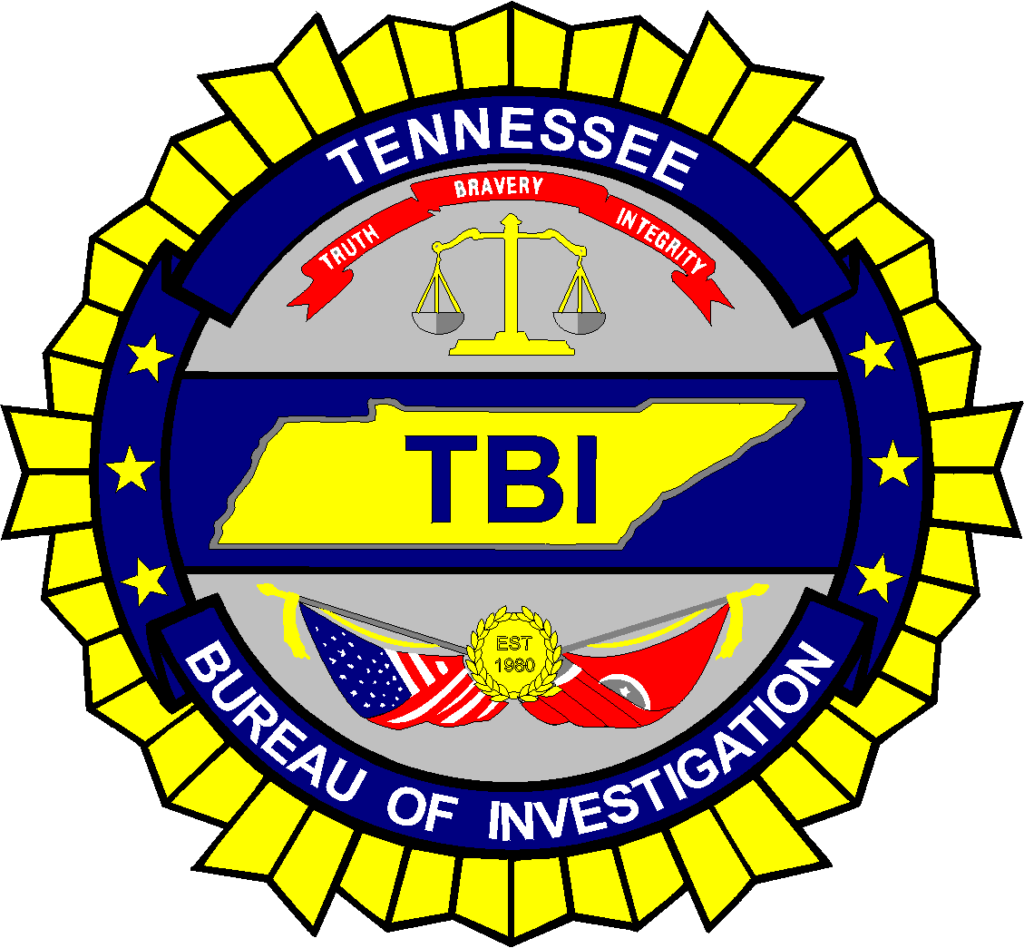Governor Bill Lee’s administration is adding more voucher advocates to the mix as Lee continues to pursue a policy of “disruption” rather than investment and support when it comes to public education. Chalkbeat has more on the new staffers:
Gov. Bill Lee’s administration is hiring three more leaders with ties to groups that lobby for school vouchers and charter schools.
Gillum Ferguson, recently communications director for the American Federation for Children in Tennessee, is Lee’s interim press secretary.
Charlie Bufalino, director of policy and strategy for TennesseeCAN, will become the Department of Education’s chief liaison to state lawmakers on legislation and policy.
Chelsea Crawford, who has served as TennesseeCAN’s media contact, will lead communications for the education department.
The hires are expected to further expand the influence of organizations advocating for hot-button education policies such as vouchers and charter schools.
As Lee was first building his senior staff in late 2018, his early hires reflected a push toward school privatization:
As Governor-elect Bill Lee staffs up ahead of taking office in January, he’s making it clear he plans to push forward heavily on vouchers. He’s already named one key voucher backer to a top policy role and now, he’s announced his Legislative Director will be the former Director of Students First/Tennessee CAN.
Lee has so far made good on his promise to deliver vouchers and charters to Tennessee, securing passage of a voucher bill by a narrow margin and also aggressively pushing charter schools.

For more on education politics and policy in Tennessee, follow @TNEdReport
Your support — $5 or more today — makes publishing education news possible.








